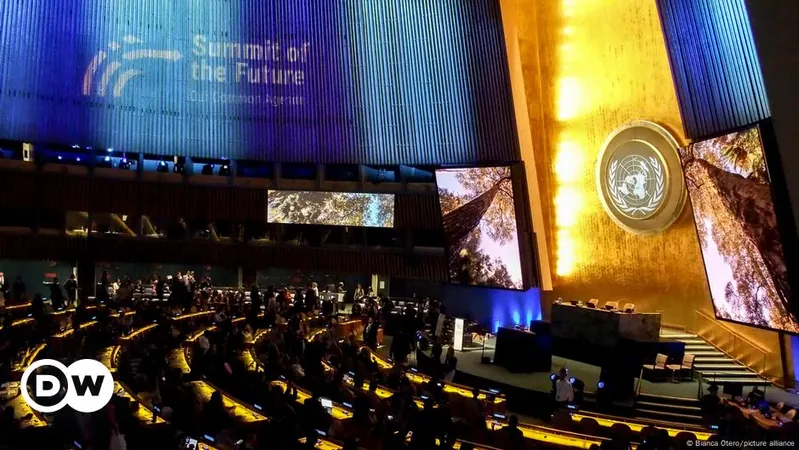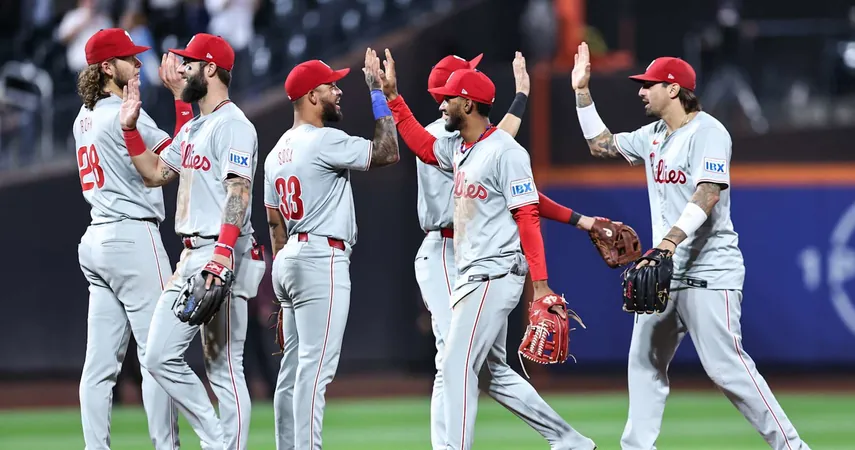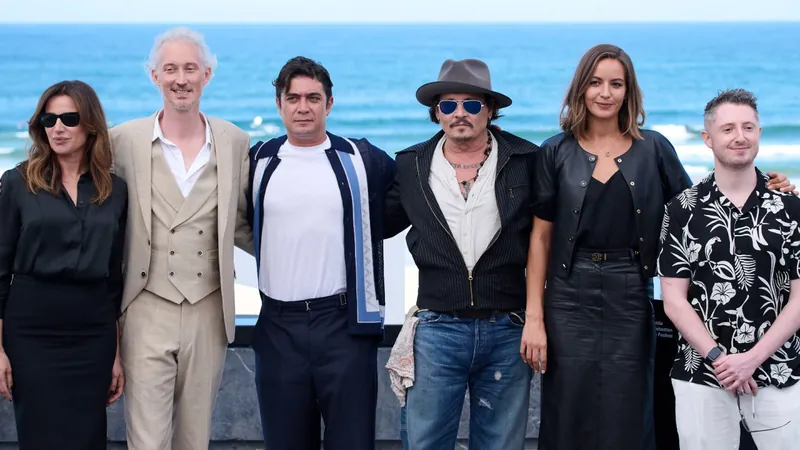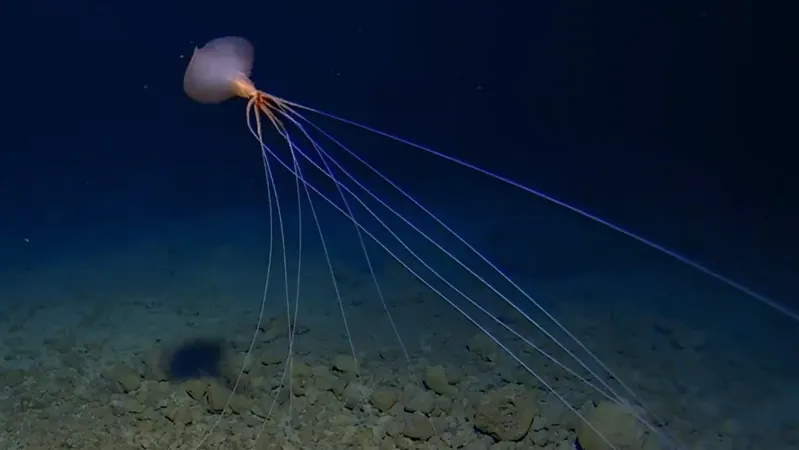
UN Reform Plan Approved Despite Russian Resistance – A Turning Point for Global Cooperation!
2024-09-22
UN Reform Plan Approved Despite Russian Resistance – A Turning Point for Global Cooperation!
In a historic move, the international community gathered at the Summit of the Future in New York on Sunday to adopt a transformative agreement known as the "Pact for the Future," overcoming significant opposition from Russia. This landmark decision signals a crucial step toward addressing the multifaceted challenges of the 21st century, fostering enhanced global cooperation and solidarity.
The announcement was made on the UN's official social media account, celebrating the fact that member countries reached a consensus amidst ongoing tensions. Secretary-General Antonio Guterres hailed the pact as a "once-in-a-generation opportunity" to reshape the future and invigorate international collaboration.
German Chancellor Olaf Scholz expressed hope that the pact, which Germany and Namibia have meticulously negotiated over several months, will restore trust in the UN. "The Pact for the Future can serve as a compass for us, indicating a direction toward increased cooperation and partnership rather than conflict and fragmentation," Scholz stated, emphasizing the pact's potential to unify nations.
What’s Inside the Pact for the Future?
The Pact for the Future presents a robust outline of 56 commitments, focusing on strengthening the multilateral system to adjust to an evolving global landscape, as well as safeguarding the needs of both present and future generations amid ongoing crises. Key proposals include:
- **Reforming the UN Security Council:** The pact proposes significant changes aimed at democratizing the decision-making process within the UN's most powerful body.
- **Adjustment of the International Financial System:** It seeks to render financial resources more accessible to the Global South, potentially addressing historic inequalities in international finance.
- **Climate Change and Disarmament:** The pact reaffirms commitments to urgent climate action and disarmament efforts that are crucial for global security.
- **Guidance for Artificial Intelligence:** Recognizing the rapid evolution of technology, the pact emphasizes the need for responsible development of AI.
- **Accelerating the 2030 Sustainable Development Goals:** It reiterates a commitment to eradicating extreme poverty, tackling food insecurity, and promoting gender equality through comprehensive education initiatives.
Russia's Stance and Unfolding Controversy
However, not all nations were on board with the agreement. Russia's distaste for the pact became evident when Deputy Foreign Minister Sergey Vershinin criticized the lack of opportunity for further negotiations. He stated that without the inclusion of their amendments—particularly regarding the principle of non-interference in domestic affairs—Russia would withdraw its support for the pact.
The Democratic Republic of the Congo promptly countered Russia's objections, leading to a decisive vote in the UN General Assembly, with 143 member states rejecting Russia's stance. This resulted in Russia's deputy UN Ambassador Dmitry Polyanskiy labeling the agreement as "unbalanced" and a "huge blow" to the integrity of the organization. Supporting Russia's position, allies such as Belarus, North Korea, Iran, Nicaragua, and Syria echoed similar sentiments.
Despite prior concerns over Russia's obstructive behavior in negotiations, many diplomats believed the compromise would ultimately receive their backing. The surprising turn of events raises questions about the future of Russian participation in international governance and how this may impact global collaboration efforts moving forward.
As the world comes together to tackle pressing global issues, the adoption of the Pact for the Future marks a critical moment, paving the way for a revitalized commitment to multilateralism in an increasingly fragmented world. What are the implications of this agreement in the long run? Only time will tell!



 Brasil (PT)
Brasil (PT)
 Canada (EN)
Canada (EN)
 Chile (ES)
Chile (ES)
 España (ES)
España (ES)
 France (FR)
France (FR)
 Hong Kong (EN)
Hong Kong (EN)
 Italia (IT)
Italia (IT)
 日本 (JA)
日本 (JA)
 Magyarország (HU)
Magyarország (HU)
 Norge (NO)
Norge (NO)
 Polska (PL)
Polska (PL)
 Schweiz (DE)
Schweiz (DE)
 Singapore (EN)
Singapore (EN)
 Sverige (SV)
Sverige (SV)
 Suomi (FI)
Suomi (FI)
 Türkiye (TR)
Türkiye (TR)